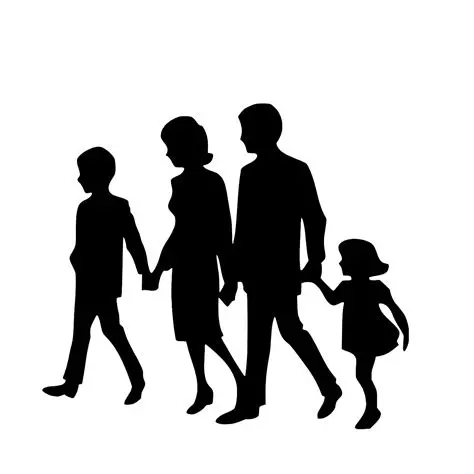RESTORING BROKEN RELATIONSHIP
THE SEED
“And he shall turn the heart of the fathers to the children, and the heart of the children to their fathers…” Malachi 4:6a (KJV)
Broken relationships within the family can be some of the most painful. When hearts grow distant and walls are built through offence, misunderstanding, or past hurt, healing can feel impossible. But with God, restoration is always within reach. His desire is for our hearts to be reconciled and for families to reflect His love and unity. Restoration begins with a willingness to obey God’s call to forgive and be forgiven. Sometimes we wait for the other person to make the first move, but God often asks us to take the step of humility. It may involve a phone call, a heartfelt apology, or simply listening with compassion. Healing doesn’t always happen overnight, but each obedient act of love and grace moves the process forward. Pray for the softening of hearts, yours and theirs. Let God guide your words and actions. Where bitterness once lived, let kindness take root. Restoration is not about reliving the past but rebuilding a future rooted in God’s love. God is in the business of restoring what was broken. We need to trust Him to mend every fractured bond in our family.
BIBLE READING: Ephesians 4:31–32
PRAYER: Lord, I surrender every broken relationship in my family to You. Heal what we cannot fix, soften our hearts, and help us to walk in love and forgiveness. Restore us in Your grace.
Amen.
ÌMÚPADÀSÍPÒ ÌBÁSEPÒ TÍ Ó BÀJÉ
IRUGBIN NAA
“Yóò sì yí ọkàn àwọn baba padà sí ti àwọn ọmọ, àti ọkàn àwọn ọmọ sí àwọn baba wọn…” Malaki 4: 6a (KJV)
Awọn ibatan ti o bajẹ laarin ẹbi le jẹ diẹ ninu awọn irora julọ. Nigbati awọn ọkan ba dagba ti o jinna ati awọn odi ti wa ni itumọ nipasẹ ẹṣẹ, aiyede, tabi ipalara ti o ti kọja, iwosan le lero pe ko ṣee ṣe. Ṣugbọn pẹlu Ọlọrun, imupadabọsipo nigbagbogbo wa ni arọwọto. Ìfẹ́ rẹ̀ ni kí ọkàn wa balẹ̀ àti fún àwọn ìdílé láti fi ìfẹ́ àti ìṣọ̀kan Rẹ̀ hàn. Ìmúpadàbọ̀sípò bẹ̀rẹ̀ pẹ̀lú ìmúratán láti ṣègbọràn sí ìpè Ọlọ́run fún ìdáríjì àti ìdáríjì. Nigba miiran a duro fun ẹni miiran lati ṣe igbesẹ akọkọ, ṣugbọn Ọlọrun nigbagbogbo beere fun wa lati gbe igbesẹ ti irẹlẹ. Ó lè kan ìpè tẹlifóònù, àforíjì àtọkànwá, tàbí fífetí sílẹ̀ lárọ̀ọ́wọ́tó. Iwosan ko nigbagbogbo ṣẹlẹ ni alẹ, ṣugbọn iṣe igboran kọọkan ti ifẹ ati oore-ọfẹ n gbe ilana naa siwaju. Gbadura fun rirọ awọn ọkan, tirẹ ati tiwọn. Jẹ ki Ọlọrun dari awọn ọrọ ati iṣe rẹ. Níbi tí ìkorò ti gbé rí, jẹ́ kí inú rere ta gbòǹgbò. Ìmúpadàbọ̀sípò kì í ṣe nípa gbígbé ohun tó ti kọjá sẹ́yìn ṣùgbọ́n àtúnkọ́ ọjọ́ iwájú kan tó fìdí múlẹ̀ nínú ìfẹ́ Ọlọ́run. Ọlọrun wa ninu iṣowo ti mimu-pada sipo ohun ti o bajẹ. A nilo lati gbẹkẹle Rẹ lati ṣe atunṣe gbogbo ìdè fifọ ni idile wa.
BIBELI KIKA: Éfésù 4:31–32
ADURA: Oluwa, Mo fi gbogbo ibatan ti o bajẹ ninu idile mi fun Ọ. Wosan ohun ti a ko le ṣatunṣe, tu ọkan wa, ki o si ran wa lọwọ lati rin ninu ifẹ ati idariji. Mu wa pada ninu ore-ofe Re. Amin.
